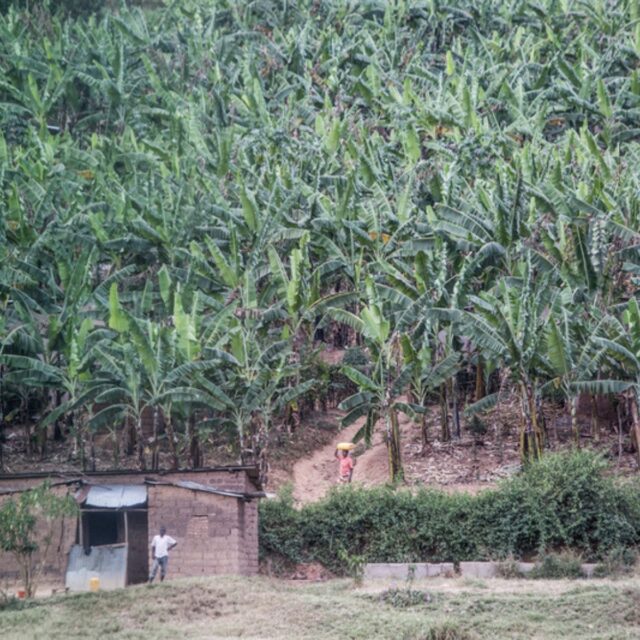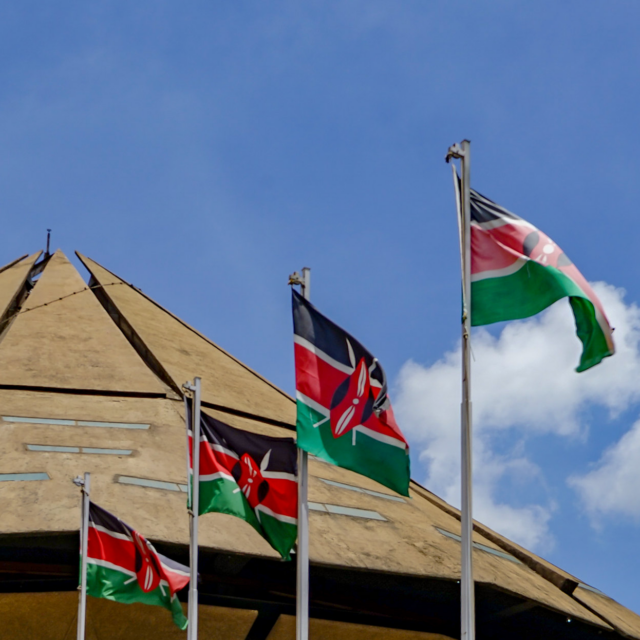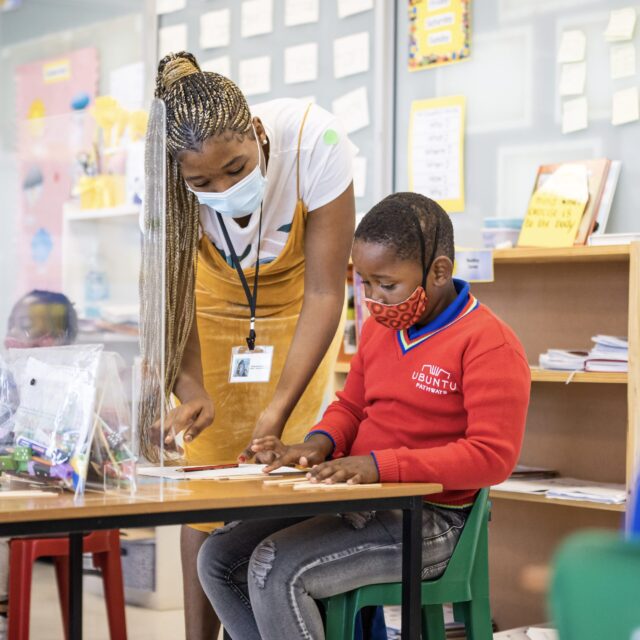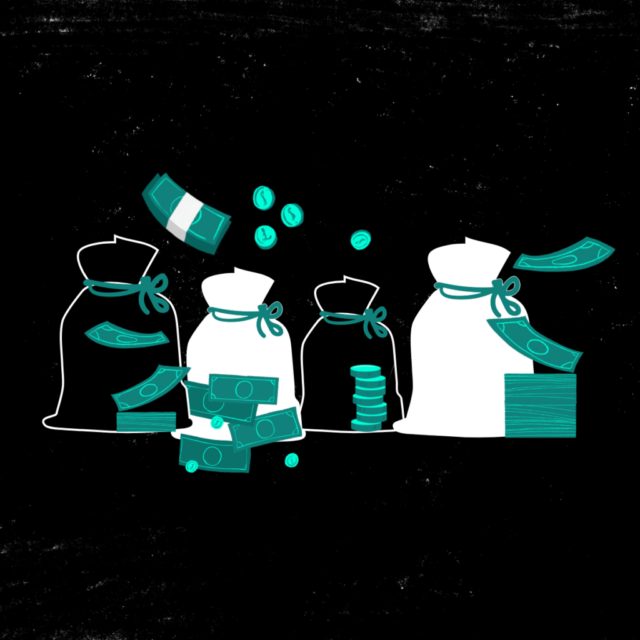COVID-19 has certainly had a negative effect on the African economy but is not responsible for all the economic challenges faced on the continent. Even though Africa’s economy has been affected by the pandemic, the continent has fared well due to the urgent preventative steps taken by individual governments to avoid the advanced spread and effects of COVID-19.
But with the COVID-19 crisis, Africa has experienced an unprecedented economic shock. Despite the efforts made by the governments to support their economies, the measures deployed have been tiny compared with the recovery plans applied elsewhere, notably in the developed countries. The recovery that is taking shape is not balanced, therefore widening the differences within Africa as a continent and between Africa and the other parts of the world. Is it possible to avoid this? Beyond finance aid, there is an increasing need to find lasting solutions to finance Africa’s economies.
COVID-19 has birthed an urgent need for increased international aid for Africa. African countries have all been affected differently by the pandemic and now more than ever we need sustainable long-term solutions. Initiating a common sustainable economic recovery plan for Africa should be the starting point.
Here’s a closer look.
Recovering from COVID-19
The continent has an opportunity to recover from COVID-19 by adopting strategies that will facilitate ways of doing business. The continent, however, will have to take charge of its own future by building a new kind of partnership with the private sector both at the national and international level so as to secure the financing needed for the economic recovery and to mitigate the medium and long-term impact of the crisis.
But before Africa kick-starts that recovery process, some extra steps need to be taken to combat the COVID-19 crisis overall.
First, African governments need to ensure that COVID-19 vaccines are readily available for all. Faster vaccine distribution along with policies put in place will stimulate private investment and hasten growth to 3.4% in 2021 and 4.5% in 2022 in Sub-Saharan Africa
Additionally, governments must commit to improving education and skills development on the continent. Education increases people’s productivity and creativity and promotes entrepreneurship and technological advances. Education also plays a very important role in securing economic and social progress and improving income distribution, which will help the continent in the long run.
But in order to strengthen the capacity of African governments, immediate financing is needed. Doing so will create a strong and sustainable economic recovery. Given Africa’s massive development deficits and the outcome of the global economic crisis, many African governments are calling for increased aid, most of which are based on Africa’s need for more resources like funding for education.
What can be done now
As the continent prepares to recover economically from COVID-19, there are a few steps that African governments can take now to ensure a full economic recovery in the long run, including:
- African governments must ensure that their people have access to information, education, and equal distribution to capital.
- Keep leaders accountable for their commitments and obligations by signing our petition.
For more on the health, economic, and social impacts of COVID-19 in Africa, check out ONE’s Africa COVID-19 Tracker.



